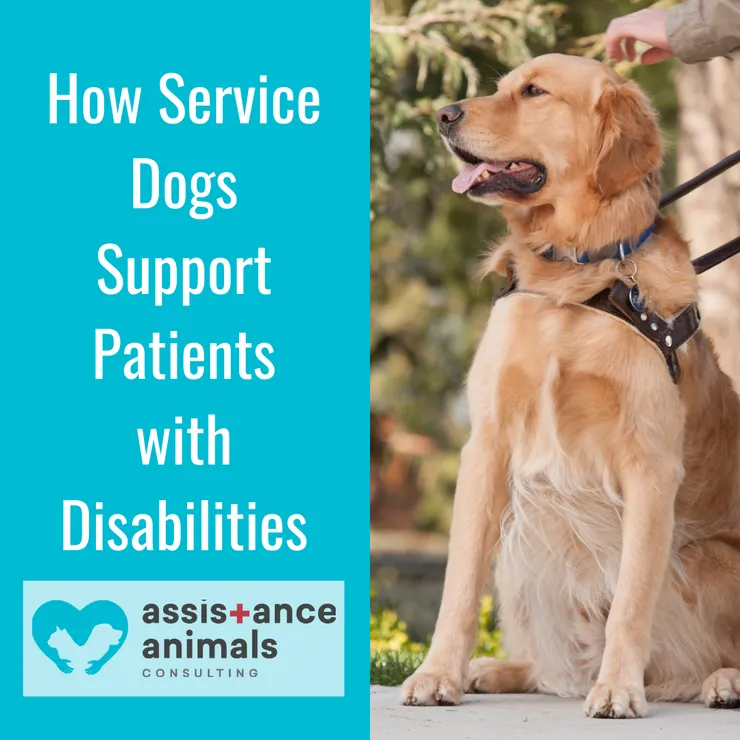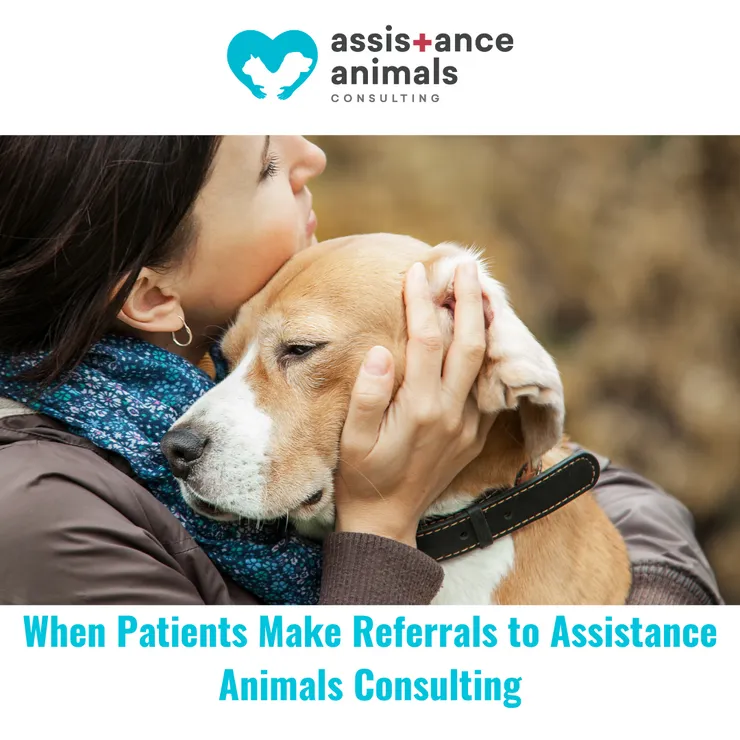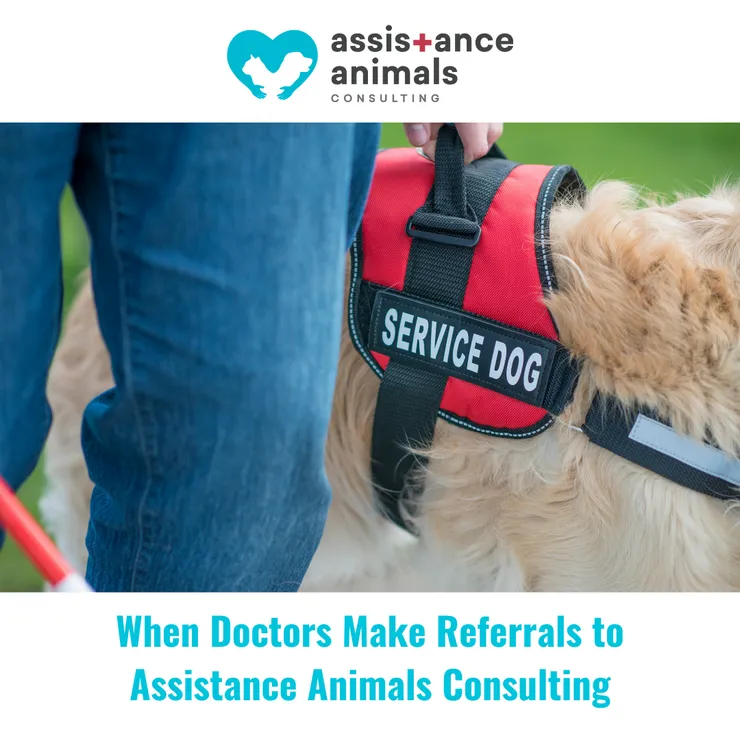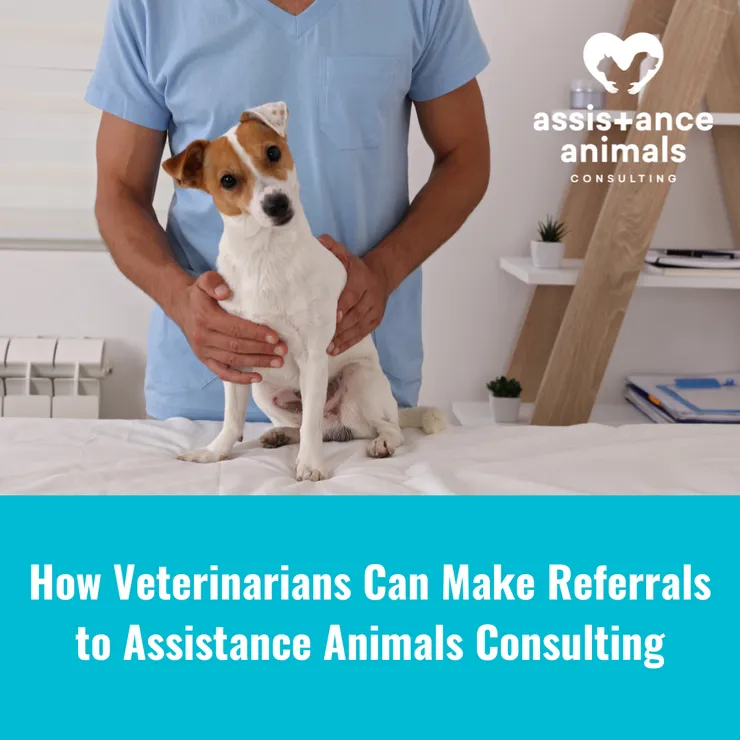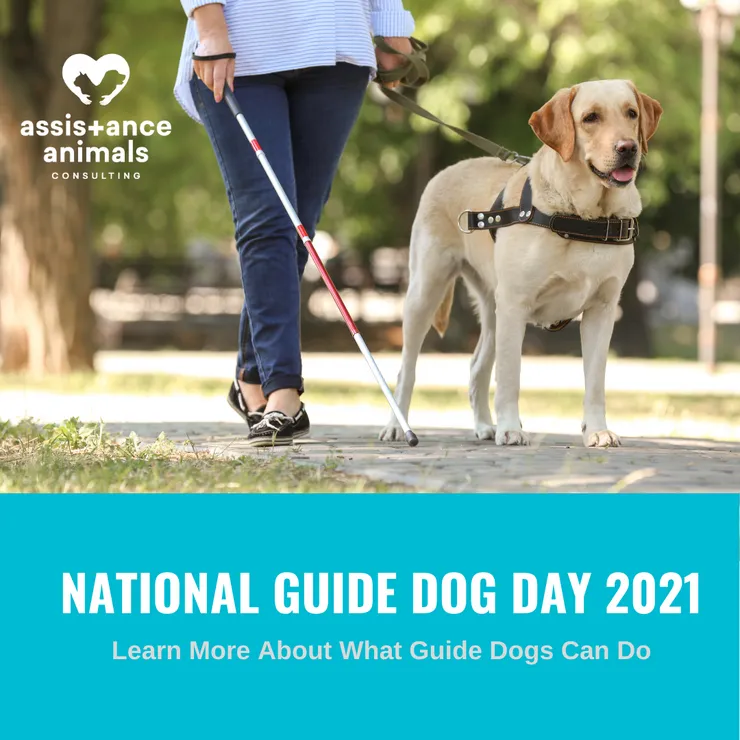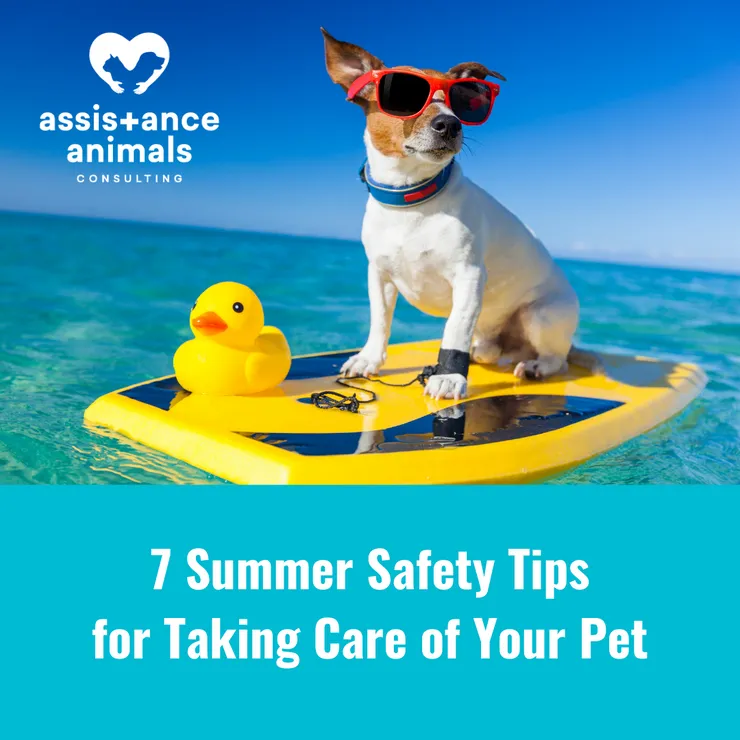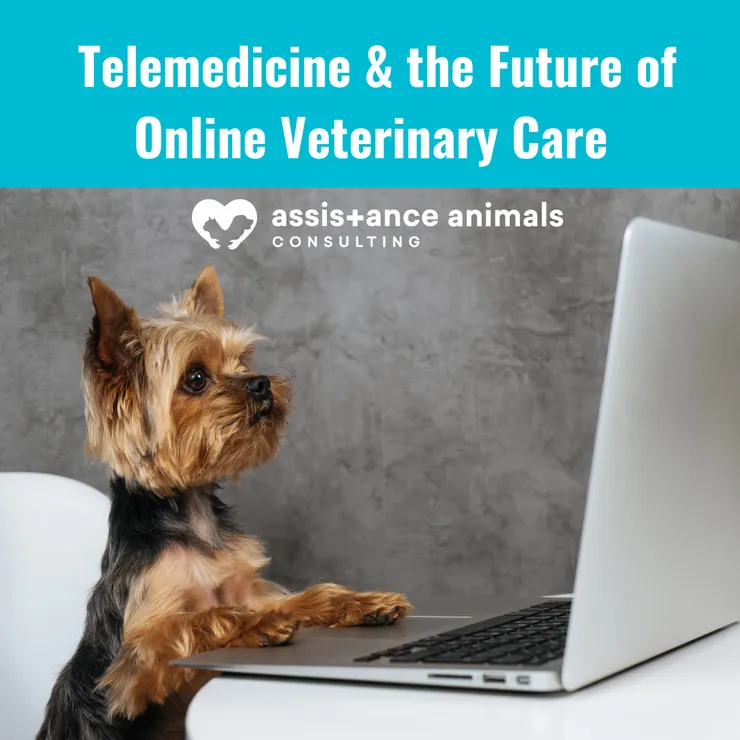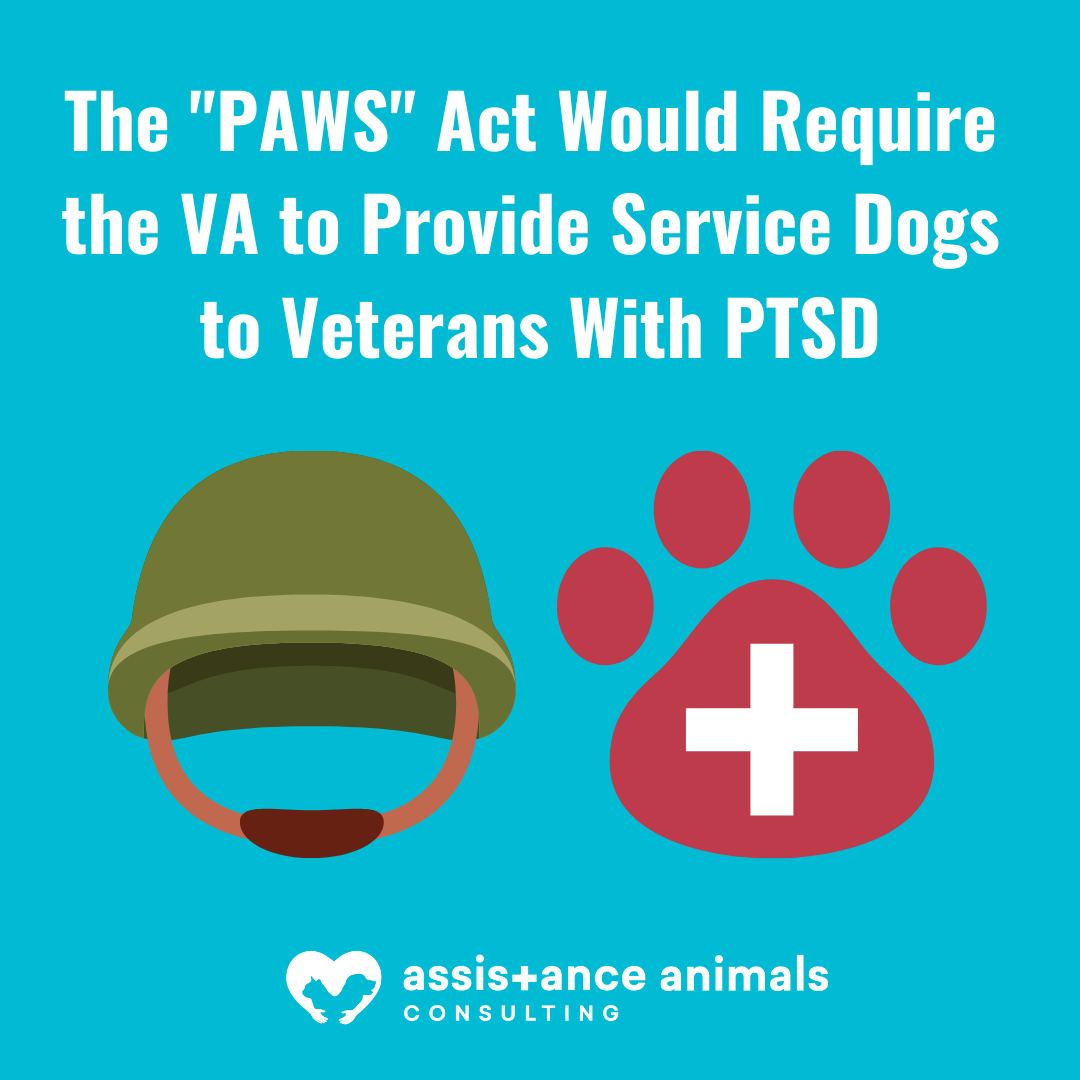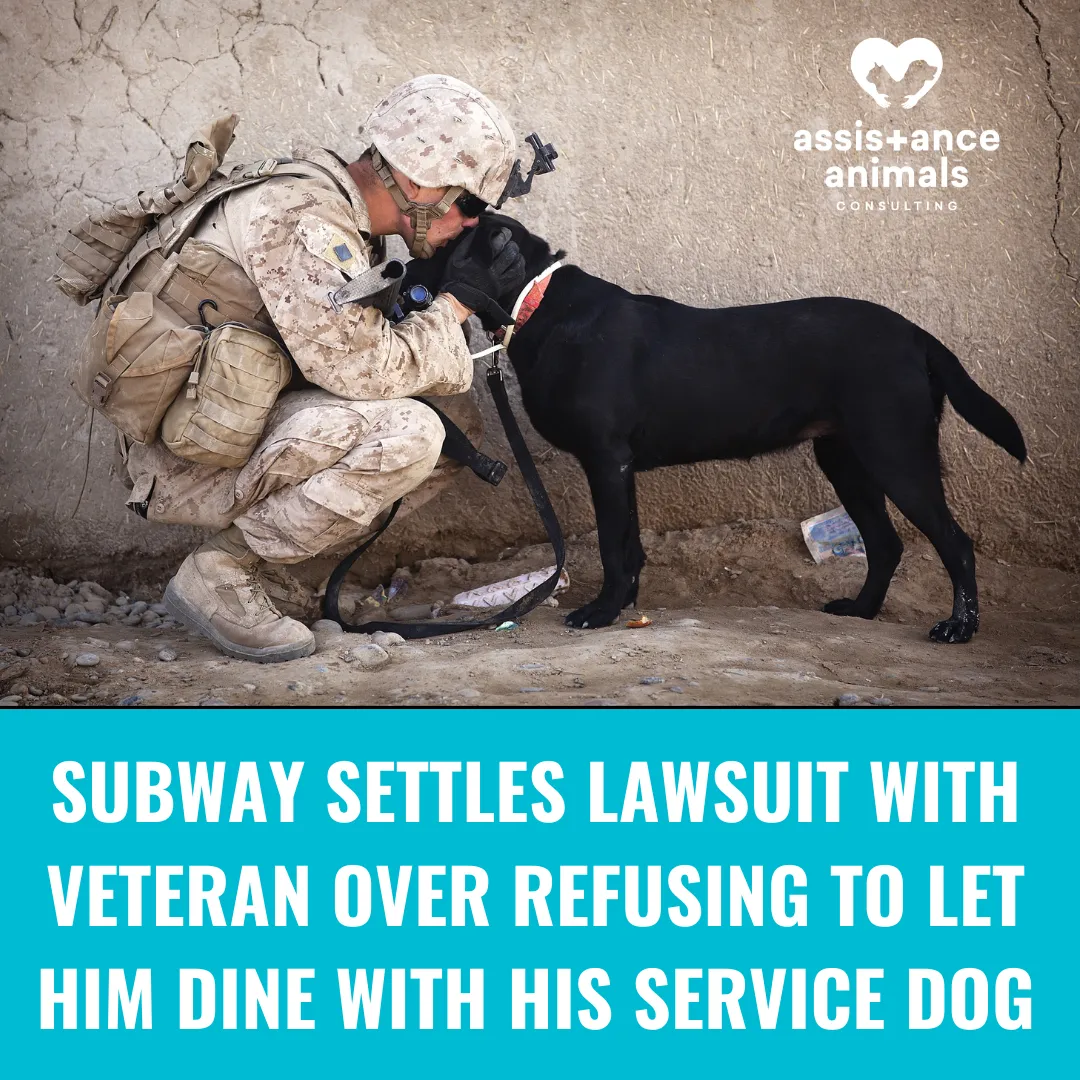Bridging the gap
Bridging the gap
Houston we have a problem!! “What is the problem you ask?” This problem is in the gap, a lack of connection between the medical disciplines. It is in understanding or lack of understanding the dynamics of when an animal is prescribed for a therapeutic purpose.

My name is Dr. Rhesa Houston and I am here to offer you a solution. I am here to bridge the gap of understanding between the medical disciplines, to build the human animal bond relationship, and to create successful human animal interactions.
I became aware of the gap of misunderstanding with working animals after my father’s cardiologist prescribed him an assistance animal. As a veterinarian, I recall thinking, “How is it ok for my father’s cardiologist to prescribe a dog for my dad’s use and he does not understand animal behavior, temperament, and care?”
No one evaluated the dog he began using as his assistance animal for aggression or behavior training. No one monitored if his assistance animal had routine veterinary care. There was no collaboration between his medical specialist and a veterinarian. The problem was not with the prescription for the assistance animal, the problem was there was no evaluation or monitoring of the animal once it was selected.
This gap in care began the process of me creating Assistance Animals Consulting, an organization of licensed veterinarians who provide interdisciplinary collaboration by partnering with a multitude of professionals, to develop successful human animal interactions, and to promote public health and safety. Our mission at Assistance Animals Consulting is to create multi-disciplinary partnerships to establish successful and impactful human animal interactions.
I must admit, when my father was prescribed his working animal, my family and I were also a part of the problem of service animal fraud. We had a poor understanding of exactly what type of working animal my father was prescribed and what was allowed under the context of the law. We were using the wrong terminology, had inappropriate expectations on when and where my dad could go, with his prescribed assistance animal. We would get extremely upset if we were denied entrance into any establishment because of our misunderstanding of what was and was not allowed by law. This is an example of the bridge of understanding Assistance Animals Consulting connects.
Assistance Animals Consulting provides education to patients who have been prescribed a working animal. Our education will help patients understand what type of working animal they have been prescribed, what is allowed under the context of the law, and provide guidance on traveling requirements for the patient and their working animal.
As veterinarians, Assistance Animals Consulting will also help guide patients on the care of their working animal by providing consultations on the animals preventative care needs. We specialize in evaluating the behavior and training needs for working animals to be successful in the public setting.
This leads to the institutions of the public and private sectors. Far too often, I’ve recognized how individuals working in schools, hospitals or businesses are not truly educated on how to work with or around individuals who are using working animals. In addition, these individuals are not educated well enough to recognize service animal fraud. These individuals need to feel educated and empowered to speak against service animal fraud. This lack of education is a concern for me as a veterinarian and private citizen.
I want to feel safe and secure when I’m in a public facility that allows access of working animals. If it is a restaurant, I want to feel secure that I am not a risk of contracting a zoonotic disease, because a working animal’s handler has not kept up with is preventative care schedule. What if the dog bites me? I do not want to feel at risk of acquiring a dog bite, because the working animal has not been properly temperament, and behavioral vetted for public access. I do not want other properly trained and vetted working animals to have the threat of a dogfight from an improperly trained or fraudulent aggressive service dog.
Again, this gap or lack of education and understanding is what Assistance Animals Consulting has been created to provide. As veterinarians, Assistance Animals Consulting, we evaluate temperament and behavior training for any dog being considered as a working animal. We provide recommendations that should be addressed prior to releasing this working animal to full public access. We also help guide and provide education on appropriate animal behavior. We teach how to properly respond when an admitted animal becomes problematic.
Our goal at Assistance Animals Consulting is to help institutions create a safe environment for all individuals working with or around working animals. It is also our goal to create a safe environment for all animals working in an institution or business. Again, as veterinarians, Assistance Animals Consulting is here to bridge the gap and create successful human animal interactions.
There is a problem with a lack of interdisciplinary collaboration between human health professionals and veterinarians as it relates to prescribing working animals for a therapeutic purpose. There is a problem with the lack of education to the disabled as it relates to working animals and understanding what is allowed under the context of the law. There is a problem with public and private institutions understanding how to navigate their role in modifying their policies and procedures to support individuals with disabilities requiring the use of a working animal. There are a multitude of problems and I have created an organization to provide solutions. At Assistance Animals Consulting, we are bridging the gap! We collaborate, evaluate, advocate, and educate to develop successful human animal partnerships and interactions.
